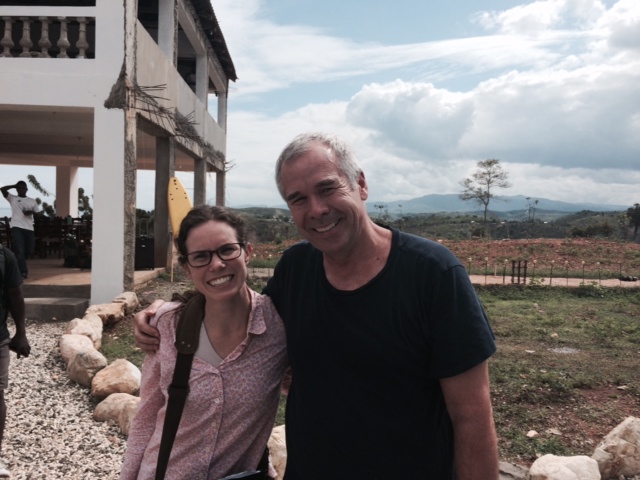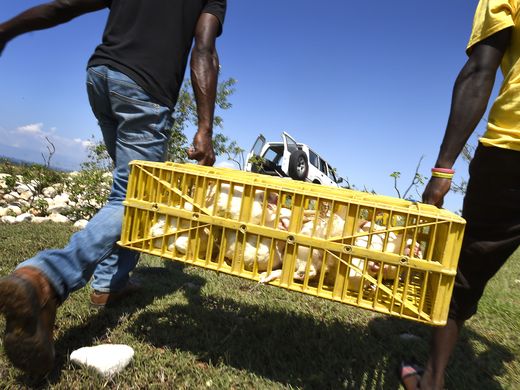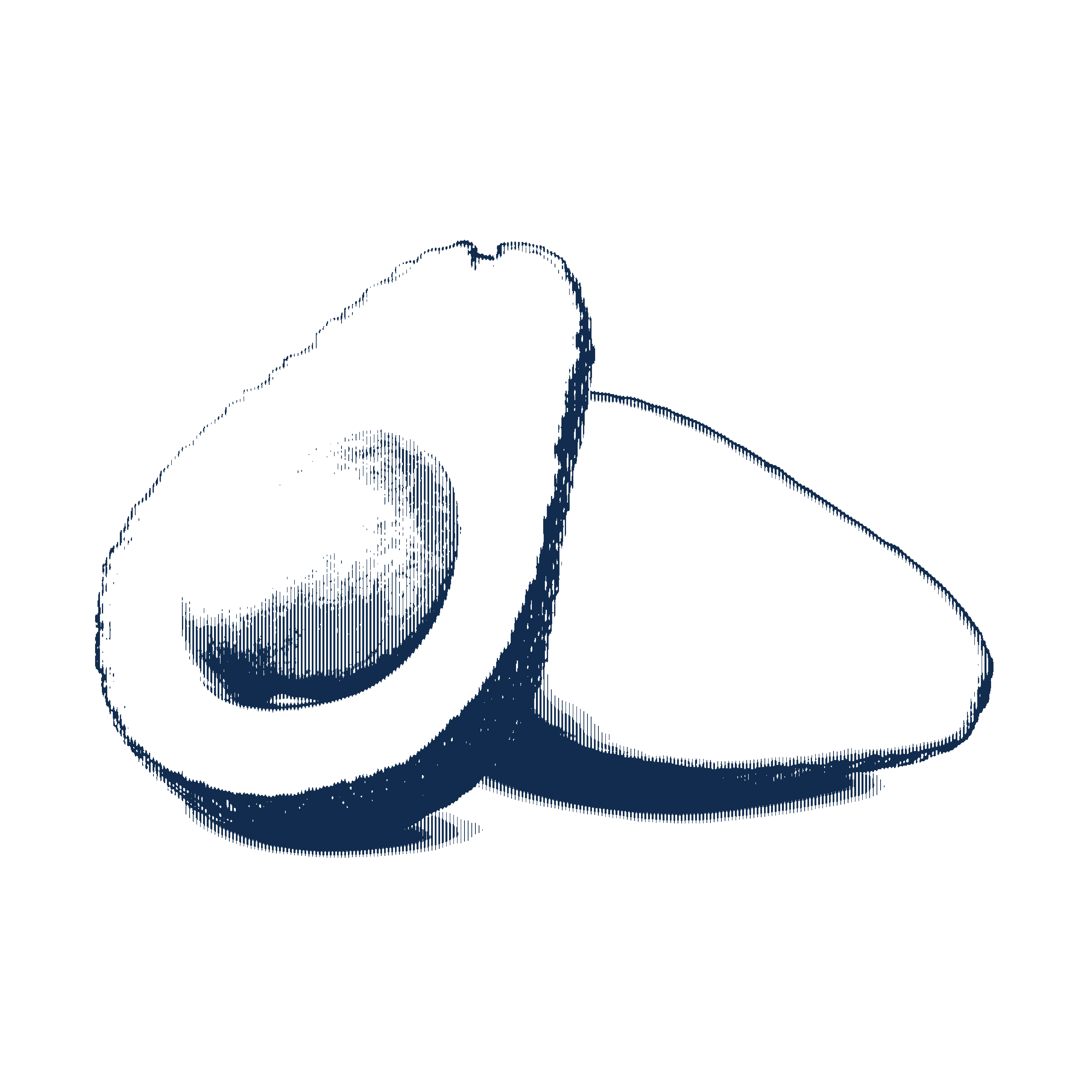GRESSIER, Haiti — Each day, Therane Hypolite, 51, tends her hillside chicken coop filled with nearly 400 chirping birds. She feeds them, provides them with water, checks for illness, and when they grow large enough, she sells them to market merchants. It's a source of income that was nonexistent for her two years ago.
"It helps us make some money," said Hypolite, a mother of two. She had gone from selling shoes and other goods at local markets to doing nothing before chicken farming. "When you make money, the kids go to school (and) eat."
Hypolite and more than 180 other chicken farmers living in extreme poverty developed their business with a loan from KORE Foundation, a Gallatin-based organization that seeks to build sustainable incomes as an alternative to direct aid.
"Since I was a baby, Haitian people keep receiving gifts from Americans. They eat it and tomorrow they are hungry again," said Christian Jean Pierre, KORE's Haitian-born production director. "We try to find something where the farmers can make the money very quick to solve that."
Chicken production was once a prospering industry in Haiti, with a handful of medium-size operators leading the market. But Haitian agricultural production, especially rice, took a hit in the mid-1990s when the government dramatically lowered its tariffs to appease the international trade community pushing for open markets. The KORE farmers are part of a larger effort to rebuild Haiti's agricultural sector that has been dominated by imports for the past two decades.
"You have the double-edged sword of poverty and hunger in the Haitian economy because their markets disappeared," KORE founder Dennis Bratton said. "If you can get (the chicken) sold, that's the key to it and that's what we are trying to do."
Replacing gifts with credit
KORE began in 2010 with Bratton, a former pastor and Gallatin resident, along with a member of his church and a University of Florida professor who developed several agricultural initiatives from a farm in Gressier, Haiti. They had built a home for children in India and were considering adding a chicken farming project, but saw greater potential in Haiti. Together they developed a business model, Bratton raised funds, and the first group of farmers began in 2012.
The participating farmers are chosen in part based on need — they are typically living off a dollar a day — and they must be recommended by leaders in their community. As part of a $4,000 loan, each farmer is given a coop, insurance, the first cycle of chicks and corn feed to raise them. When the chickens reach full-size, KORE helps the farmers sell them and buys back some birds to serve at local schools and orphanages to boost protein levels and combat malnutrition. The farmers use proceeds on loan payments and to pay for the next cycle of chicks and feed. They keep the remaining money, which on average is close to $350 every 60 days. After about three years, they become independent farmers, free of debt.
Developing the system has not been without its challenges. Of the original group of 12 farmers, only three remain, with nine of 16 in the second left, ratios that prompted the organization to begin setting stricter selection guidelines and rules.
The problem was that many farmers did not fully understand the credit concept, said KORE's national director, Robenson Desir. Flush with proceeds after their first sale, farmers would spend the income on other needs — a trip, a cow, a wedding — rather than adhering to KORE's repayment and expenses plan. The mindset comes from being accustomed to ongoing aid from U.S. visitors. The farmers must learn the distinction between a gift and a loan, Desir said.
"It is the first time they see all that money in their hands," Desir said. "They go buy a motorcycle, they go buy a piece of land. When you come back and say, 'Are we ready for production next week? You need to pay for production,' they say, 'Oh, I'm sorry. Are you going to bring me another production for free?'"
The KORE directors added staff to provide daily oversight, enhanced the financial training given to farmers and toughened their stance when asked for leniency. If a farmer failed to save enough to pay their loan and to pay for the next cycle of birds, it was the farmer's responsibility to find more money.
Most farmers do not read or write, so Jean Pierre trains them at their homes through PowerPoint presentations from his laptop. He uses images to convey methods of care and instructs them through the process multiple times.
By providing greater accountability and comprehensive support, the organization dramatically dropped its attrition rates. The eighth and ninth groups of farmers have 100 percent participation rates more than a year into the KORE program, according to Desir.
"We know that they can raise healthy chickens," Bratton said. "We know that Haitians eat an awful lot of chicken. We have to get a bigger corner of the market."
A legacy of farming
Many of the farmers are gardeners, growing corn, peanuts or beans on small patches of land they own. They do not track expenses or income, but farm because their parents did and they know no alternative.
"You ask them, 'How much money do you make?' " Desir said. "They don't know."
The same was true for Desir growing up in a rural Haitian island, called La Gonâve, before he gained a scholarship to study in Wisconsin. His mother, a farmer, would take a motorcycle and a ferry to get to the market, often spending more on transportation than her earnings would yield.
"Those people are in the same situation," he said.
Once KORE farmers began earning a steady profit, many shifted their focus entirely to chicken because the income is much greater, he said. And while many of the farmers are reticent to eat the chicken they raise for fear of eroding profit, KORE officials encourage them to do so in moderation, as a means to enrich their own diet.
Desir is among three KORE staff directors, each of whom are Haitian. The organization employs about 30 Haitian individuals, not including farmers, and the local involvement is a key component to KORE's success, according to officials at the W.K. Kellogg Foundation, which has contributed to KORE through grant funding.
"We have a partner that is willing to actually work with communities and work with families and do it in a way that has integrity with the people there and is sustainable over time," said Joe Scantlebury, vice president of programming for the Michigan-based Kellogg Foundation. "The ability for the small farmer to be able to produce protein, to be able to contribute to the food structure and food system in Haiti, we see that as good for children ultimately."
For the farmers and their families, the KORE investment in the chicken economy is paving a path to financial independence that they hope has long-term potential. While the challenges for the sector remain, KORE has been able to scale incrementally each year, adding farmers and more direct jobs to a market that barely existed five years ago.
"I'm building a house," said chicken farmer Anoux Decerant, riding in Desir's truck on the way to KORE's production facility. His current home made of wood is located by his coop at the bottom of a hill. "I am planning my future."

Education Resource
Meet the Journalists: Jamie McGee and Larry McCormack
Reporter Jamie McGee and photojournalist Larry McCormack traveled to Haiti to document two...












